
On Day Two, Valley Beth Shalom’s Rabbi Ed Feinstein gave an impassioned speech, invoking Abraham Joshua Heschel’s plea for Jewish authenticity and encouraging Federations to make it a top priority. “You can’t build … Jewish identity with crisis and fear,” he said. “It’s the wrong language.”
In another session, Tinder founder Sean Rad, a graduate of Milken Community High School, waxed philosophical on his connection to Judaism and what millennials want. He also noted that his best Jewish education came from his family’s Shabbat dinner table.
Rad noted that the average person with an iPhone today has more access to more information than an American president would have had 10 years ago. (I wondered, if the Jewish community is fragmenting because millennials have access to too many people and too much information, doesn’t a dating app like Tinder become part of the problem?)
At a session called Millennial Roundtable, Jackie Rotman, founder of Everybody Dance Now, said that federations can be alienating for young professionals, and that the key to engagement is to earn loyalty and engage people early. She also described various types of donors, saying federations need to expand their definition of how a donor looks and acts.
Swipe Out Hunger’s Rachel Sumekh said that “If you want to engage millennials, the first step is to be curious about who we are.” Jason Leivenberg, who runs NuRoots, an L.A. Federation effort aimed at millennials, charged the attendees: “If we can’t answer ‘Why be Jewish?’ for ourselves, how can we ask others that question?”
Jodi Schwartz, JFNA’s treasurer, introduced a panel on relations between American Jews and Israel by saying, “We all love Israel but it’s sometimes hard to feel at home there.” Gidi Grinstein, founder and president of the Reut Group, said that “A vibrant Diaspora is a Zionist imperative.”
Ambassador Dani Dayan, Consul General of Israel in New York, emphasized the strength of ties between Israel and U.S. Jews. “Despite the fact that we are Jewish, our marriage is Catholic — there is no divorce in this marriage,” he said, adding that, “Our obligation is to put aside our different opinions and promise never to neglect one another.”
“I study Israel education, teaching Israel to American Jews,” said Bethamie Horowitz on that panel, noting the shift in Israel support from a “solidarity” or “blue-and-white model” to something that’s “more bruising: the black-and-blue model.” Horowitz, who is a research professor at NYU Steinhardt School of Culture, Education and Human Development, added that there is a “great need to address the complexities that Israel now opposes. We have to teach ourselves how to decode the complexities.”
At a session examining Hollywood through a Jewish lens, television executive Nina Tassler praised “Wonder Woman” star Gal Gadot for her reported decision not to sign on for a “Wonder Woman” sequel if producer Brett Ratner — who has been accused of sexual misconduct — is involved.
“She took a stand — it was an Israeli woman who took a stand, and I think it is important,” said Tassler, former chair of CBS Entertainment. The audience responded with enthusiastic applause.
Staff Writer Ryan Torok contributed to this report.







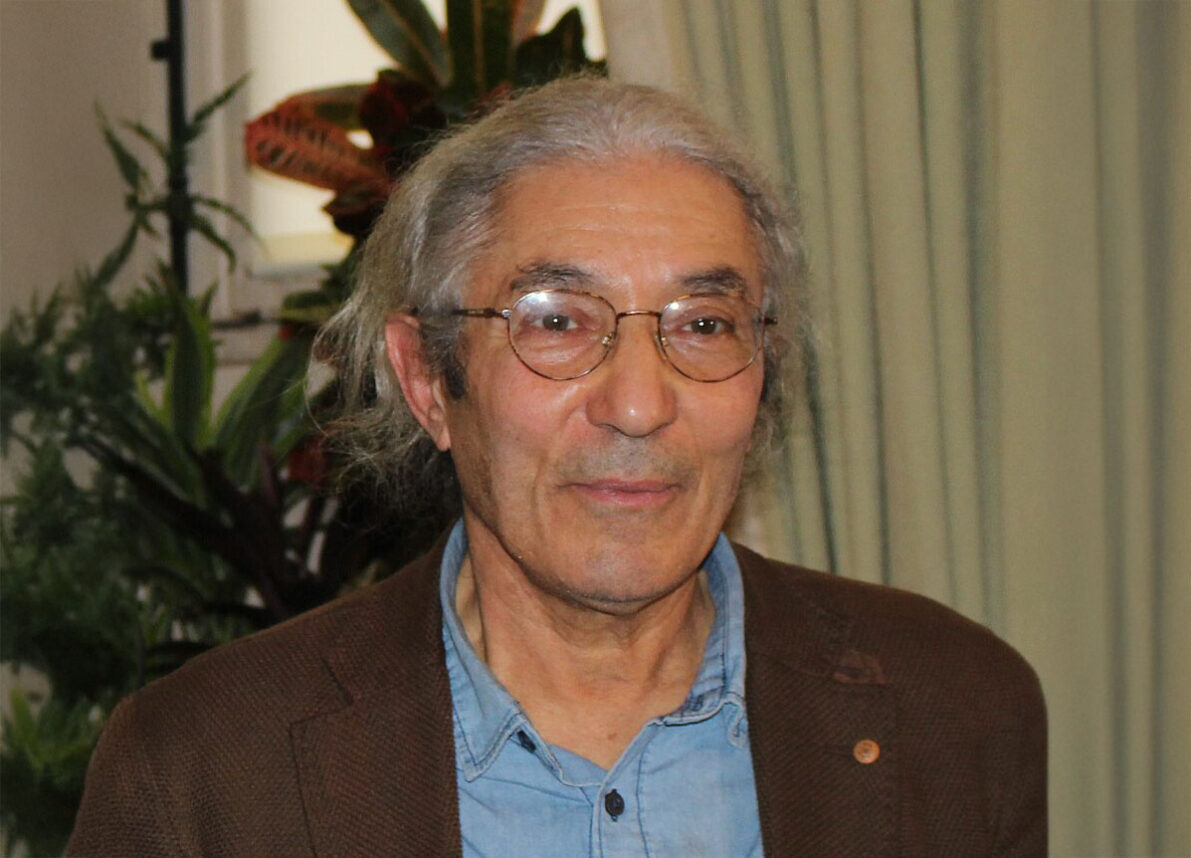
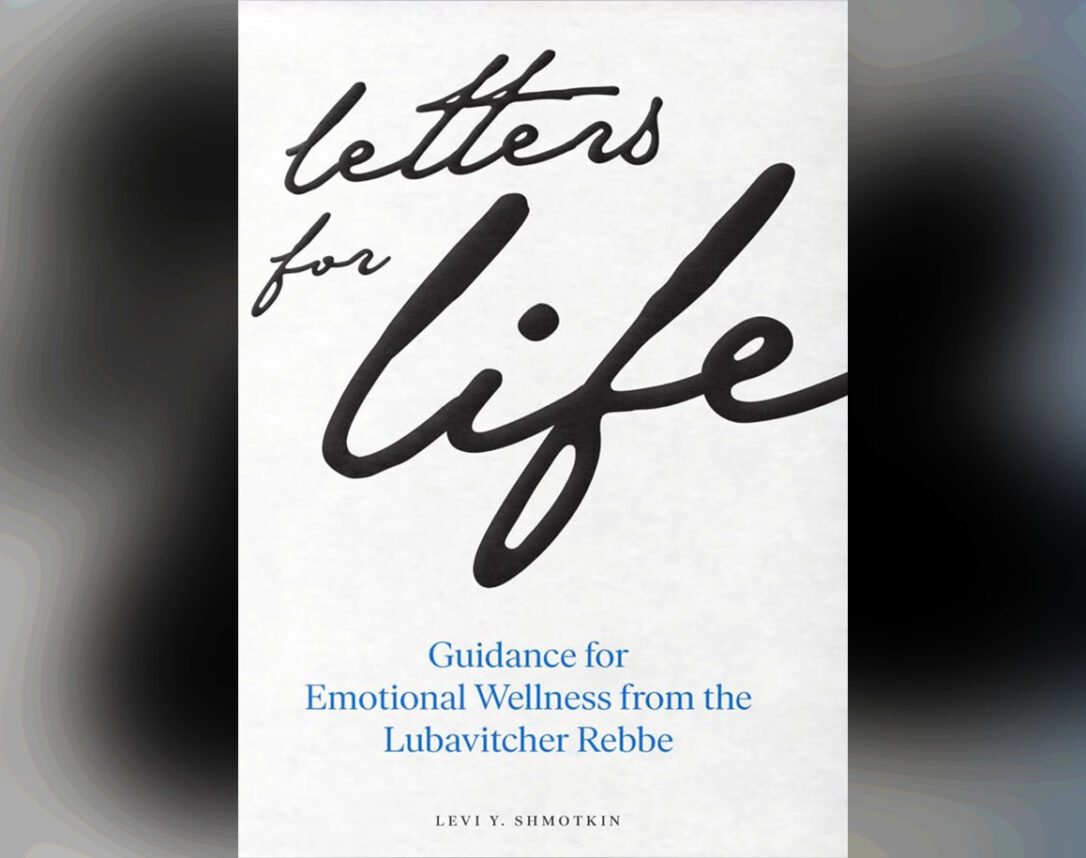
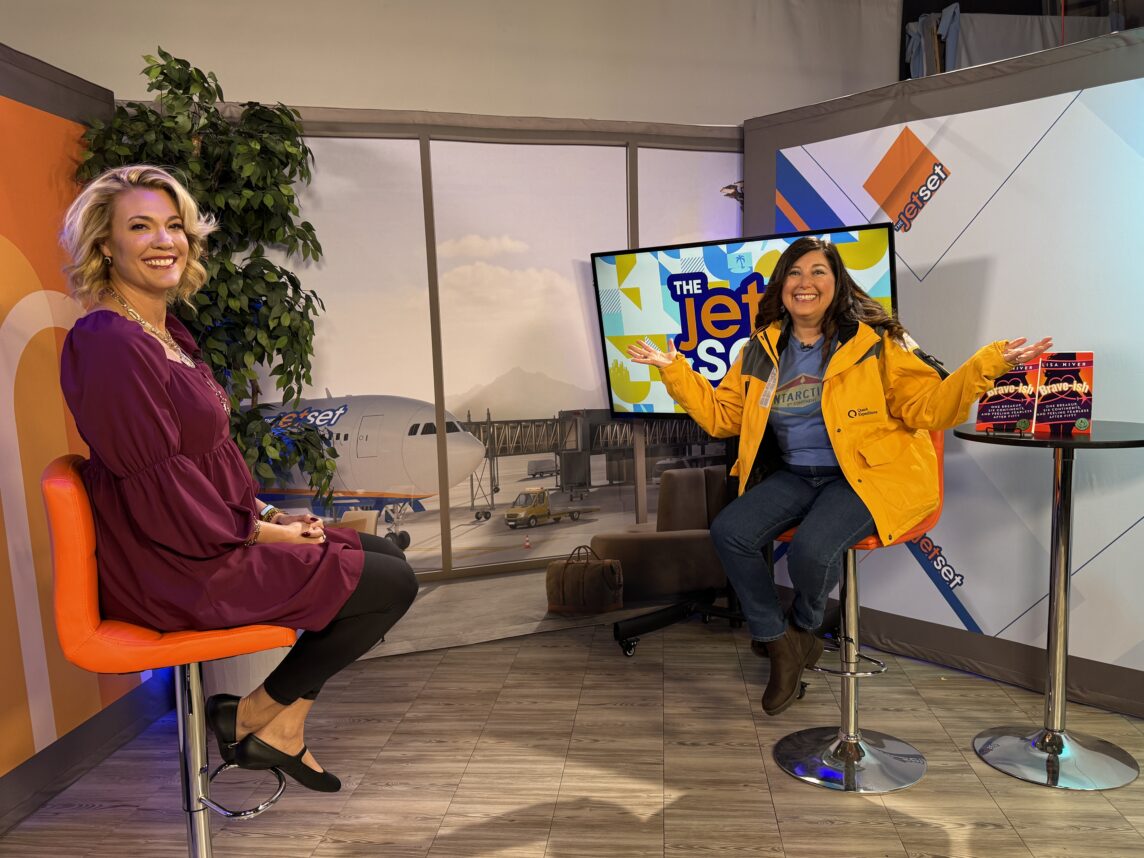

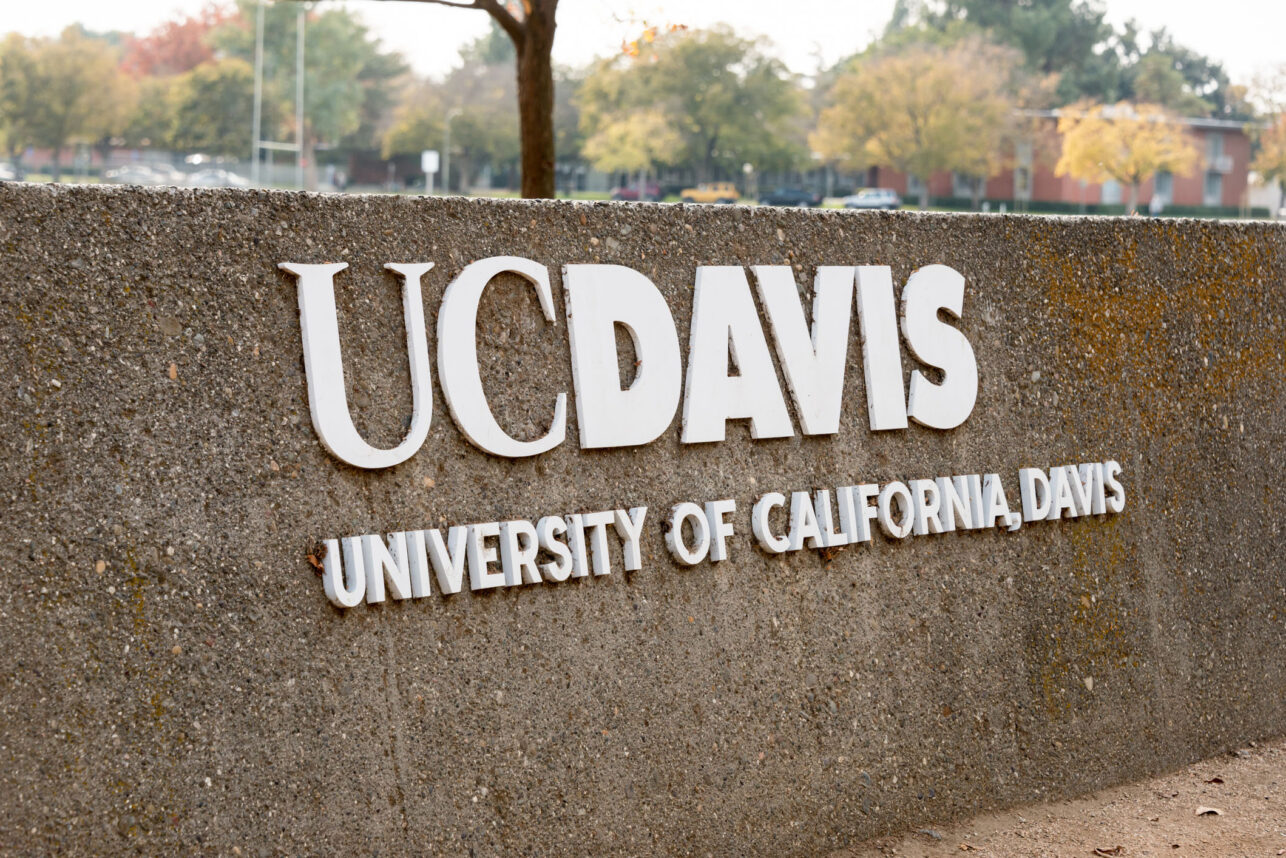
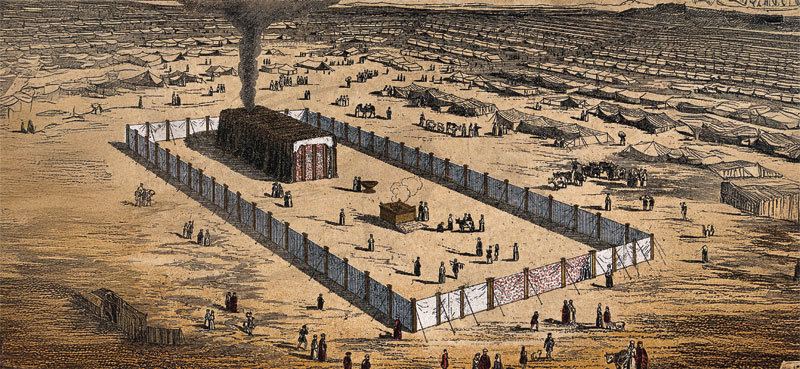
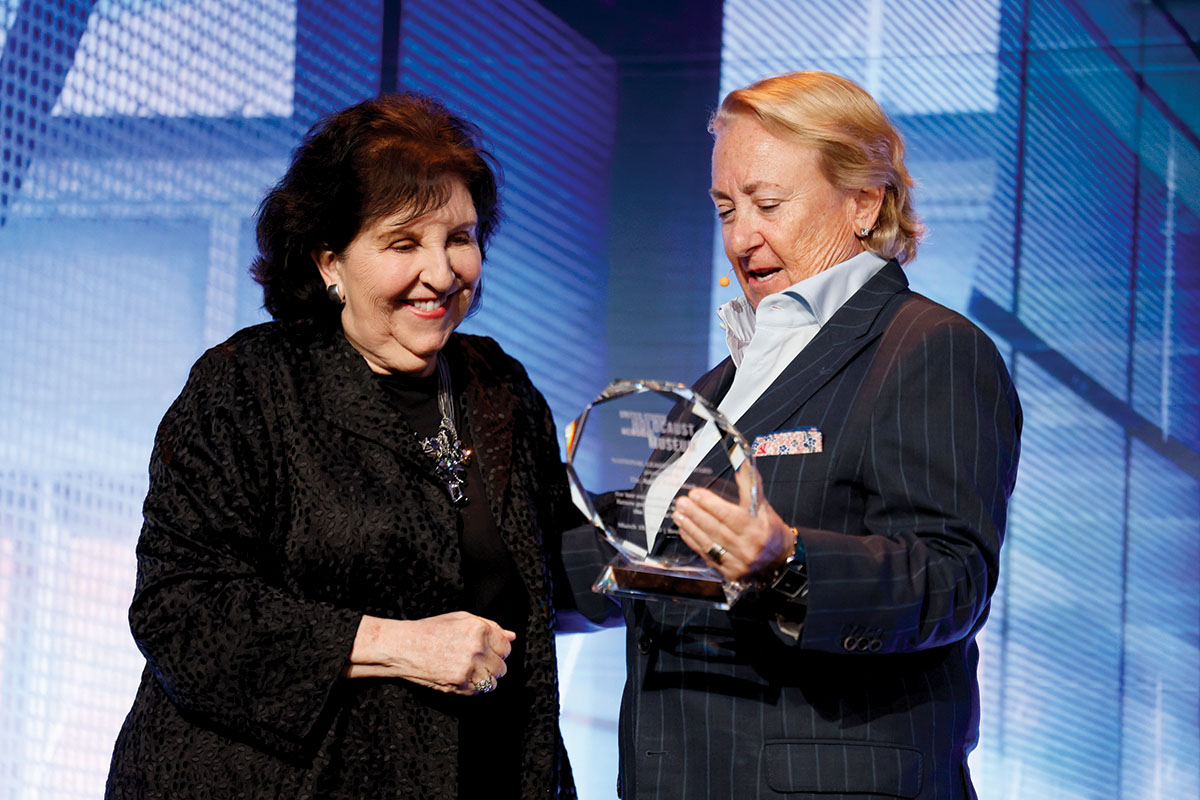


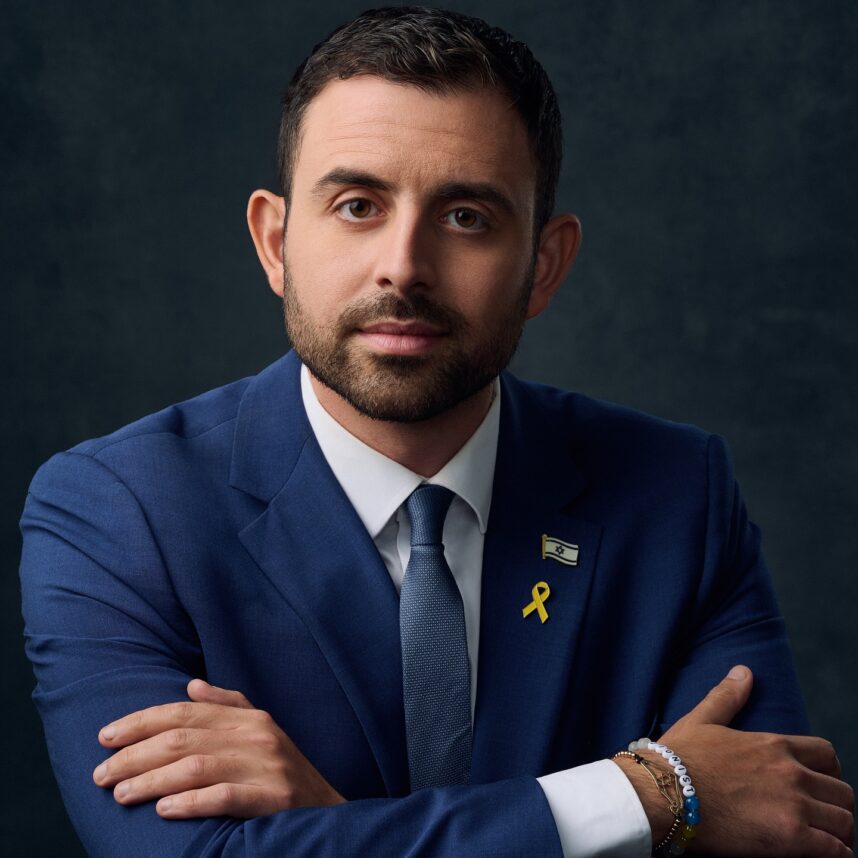







 More news and opinions than at a Shabbat dinner, right in your inbox.
More news and opinions than at a Shabbat dinner, right in your inbox.